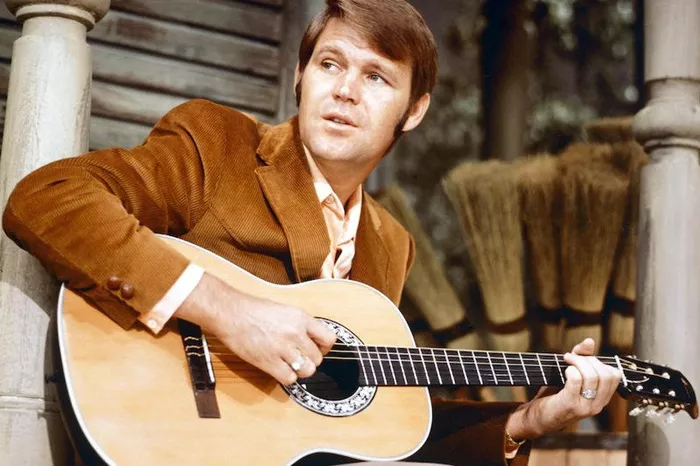Country music and Western music are two genres often spoken about together. Both have roots in American folk traditions. They share some similarities but are distinct in their history, style, and cultural significance. Understanding the differences between these two genres can deepen appreciation for their unique qualities.
Origins and History
Country Music: Country music traces its origins to the Southern United States in the early 20th century. It evolved from various folk traditions, including Appalachian folk, blues, and gospel. The genre’s early stars, like Jimmie Rodgers and the Carter Family, helped shape its sound. Country music’s development was closely linked to radio broadcasts in the 1920s and 1930s. Shows like the Grand Ole Opry popularized the genre.
Western Music: Western music, on the other hand, has its roots in the Western United States and cowboy culture. It began to take shape in the late 19th and early 20th centuries. Western music was influenced by the folk songs of the cowboy lifestyle. The genre gained popularity through movies in the 1930s and 1940s. Singing cowboys like Gene Autry and Roy Rogers became icons of Western music.
Themes and Lyrics
Country Music: Country music often explores themes of love, heartbreak, and everyday life. Its lyrics are relatable and straightforward. Storytelling is a crucial element of country music. Songs frequently narrate personal experiences and emotions. The genre’s authenticity resonates with listeners.
Western Music: Western music themes are tied to the cowboy lifestyle and the American frontier. The lyrics often depict life on the range, nature, and adventure. Western music paints a romanticized picture of the Old West. It celebrates the spirit of independence and rugged individualism. The genre’s storytelling focuses on the challenges and beauty of cowboy life.
Instruments and Sound
Country Music: Country music typically features instruments like the guitar, fiddle, banjo, and pedal steel guitar. The sound is characterized by its twangy tones and rhythmic patterns. The genre’s evolution has incorporated other instruments, such as the electric guitar and drums. Modern country music often blends traditional sounds with contemporary elements.
Western Music: Western music prominently uses the acoustic guitar, harmonica, and accordion. The sound is often simpler and more acoustic-based than country music. Western music’s melodies are influenced by folk traditions and cowboy ballads. The genre maintains a rustic and nostalgic sound.
See also: 11 TYPES OF COUNTRY MUSIC
Influence and Evolution
Country Music: Country music has continuously evolved over the decades. It has branched into subgenres like honky-tonk, bluegrass, and country rock. The genre has also influenced and been influenced by other music styles. Country music has a significant presence in mainstream popular culture. It has produced numerous crossover hits and internationally recognized artists.
Western Music: Western music’s influence is more niche compared to country music. It is closely tied to the Western film genre and cowboy culture. Western music has maintained its traditional sound over the years. It remains a symbol of American heritage and the cowboy way of life.
Cultural Significance
Country Music: Country music holds a special place in American culture. It reflects the values and experiences of rural America. The genre’s themes of love, hardship, and resilience resonate widely. Country music festivals and events attract millions of fans. The genre has a loyal and passionate fan base.
Western Music: Western music is a cultural emblem of the American West. It embodies the spirit of the frontier and cowboy mythology. Western music is often associated with rodeos and Western-themed events. The genre’s cultural significance lies in its connection to the Western lifestyle and traditions.
Prominent Artists
Country Music: Country music boasts a long list of legendary artists. Some of the most notable names include Johnny Cash, Dolly Parton, Willie Nelson, and Garth Brooks. These artists have left an indelible mark on the genre. They have achieved immense success and influence.
Western Music: Western music also has its iconic figures. Gene Autry, Roy Rogers, and Sons of the Pioneers are among the most famous. These artists helped popularize Western music through films and performances. They remain celebrated figures in the genre’s history.
Modern Perspectives
Country Music: Today, country music continues to thrive. It has embraced modern production techniques and influences. Artists like Taylor Swift, Luke Bryan, and Carrie Underwood have brought country music to new audiences. The genre’s adaptability has ensured its relevance in the contemporary music scene.
Western Music: Western music maintains a more traditional approach. It has a dedicated but smaller following compared to country music. Modern Western musicians uphold the genre’s classic sound and themes. Western music remains a cherished part of American musical heritage.
Conclusion
Country music and Western music, though often linked, are distinct in many ways. Country music, with its roots in the Southern United States, focuses on themes of love and everyday life. It features a diverse range of instruments and has evolved into a mainstream genre. Western music, rooted in cowboy culture, celebrates the American frontier. Its themes revolve around the cowboy lifestyle and nature, maintaining a traditional sound. Both genres hold significant cultural value and continue to influence the music landscape. Understanding their differences enhances the appreciation for each genre’s unique contributions to American music.
Related topics:
HOW HAS COUNTRY MUSIC EVOLVED OVER TIME?
BEST 5 PLACES TO POST COUNTRY MUSIC VIDEOS
TOP 10 LIBERAL COUNTRY MUSIC ARTISTS

